9 Condiments Food Safety Experts Say You Should Never Eat After They Expire
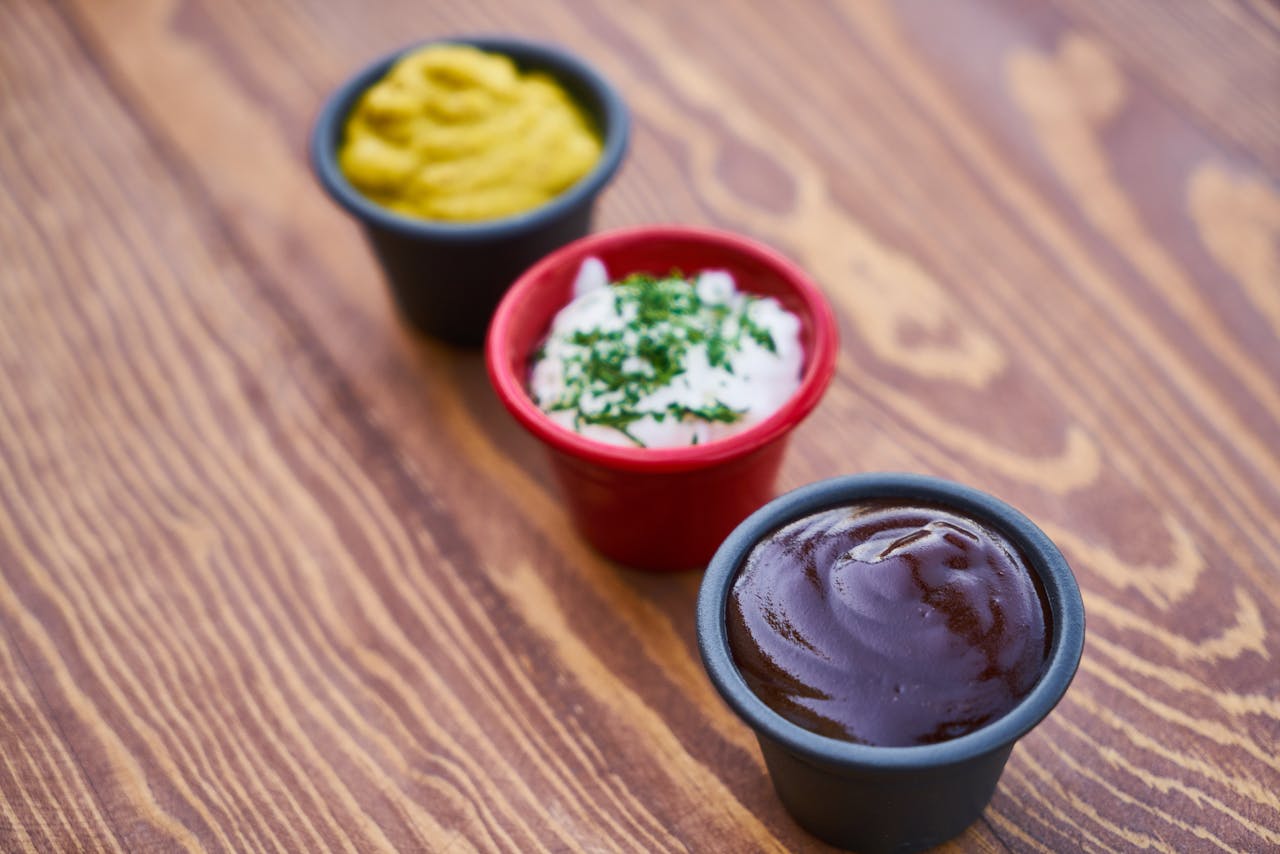
Condiments are the unsung heroes of any meal, elevating flavors and turning a bland dish into something special. However, like all food items, condiments have expiration dates, and ignoring these can lead to foodborne illness or, at the very least, compromised taste. Food safety experts stress the importance of knowing which condiments should never be consumed after they expire. Here are nine condiments you should always be cautious of once they have passed their prime.
1. Mayonnaise

Mayonnaise is a staple in many households, but it is one of the most concerning condiments when it comes to expiration. Made from eggs and oil, mayonnaise is highly susceptible to bacterial growth once it goes bad. Expired mayonnaise not only loses its creamy texture but can also become a breeding ground for harmful bacteria like salmonella, especially if it has been improperly stored. After the expiration date, even a slight sour odor or a change in texture is a red flag that it should be tossed immediately. Always keep mayonnaise refrigerated and discard it if you are unsure about its safety.
2. Ketchup
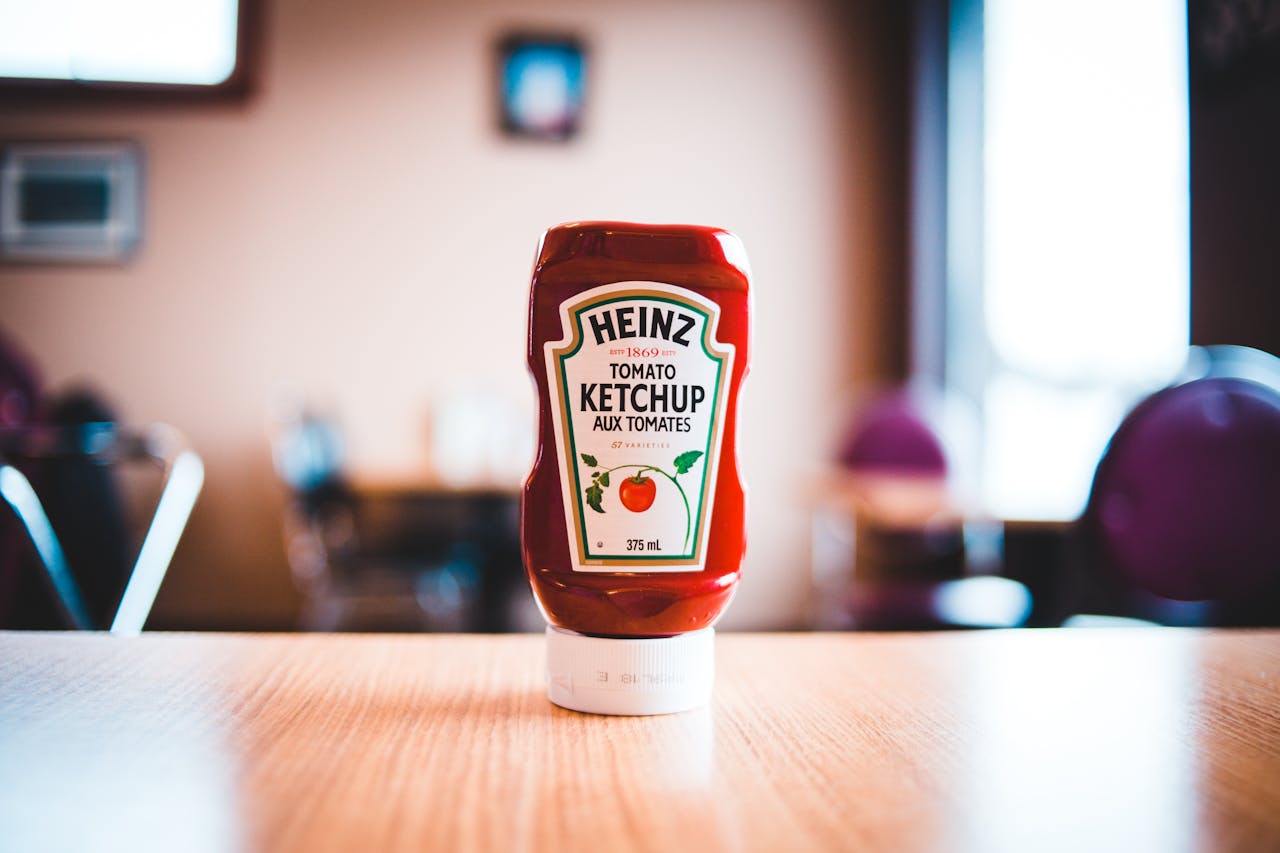
Ketchup might seem like a durable condiment due to its vinegar and sugar content, but it can still go bad after the expiration date. Over time, ketchup can lose its vibrant red color and turn a dull brown, a sure sign that the product is past its prime. While this might not seem like a big deal, expired ketchup can develop mold and harbor harmful bacteria. The taste will also be significantly affected, making your favorite fries dip far less appetizing. It is better to check the date and ditch it than risk an upset stomach or worse.
3. Mustard

While mustard contains vinegar, which acts as a preservative, it is not invincible to the effects of time. Expired mustard tends to separate into layers of liquid and solids, and its sharp, tangy flavor fades. If you notice any off smell or mold inside the jar, it is definitely time to throw it away. Although expired mustard might not always make you sick, its flavor and texture will be greatly diminished, leaving your sandwiches and hot dogs lacking that signature zing. To enjoy mustard at its best, always pay attention to the expiration date and store it properly after opening.
4. Salsa

Fresh or jarred, salsa is a condiment that spoils relatively quickly after its expiration date. The high moisture content in salsa makes it particularly vulnerable to bacterial growth, especially if it is not refrigerated after opening. Expired salsa can develop mold, an off smell, or a slimy texture—clear signs that it is no longer safe to eat. Consuming expired salsa could expose you to foodborne pathogens like E. coli or salmonella, so it is crucial to always check the date and discard it once it is expired. If in doubt, it is better to play it safe and choose a fresh jar.
5. Soy Sauce
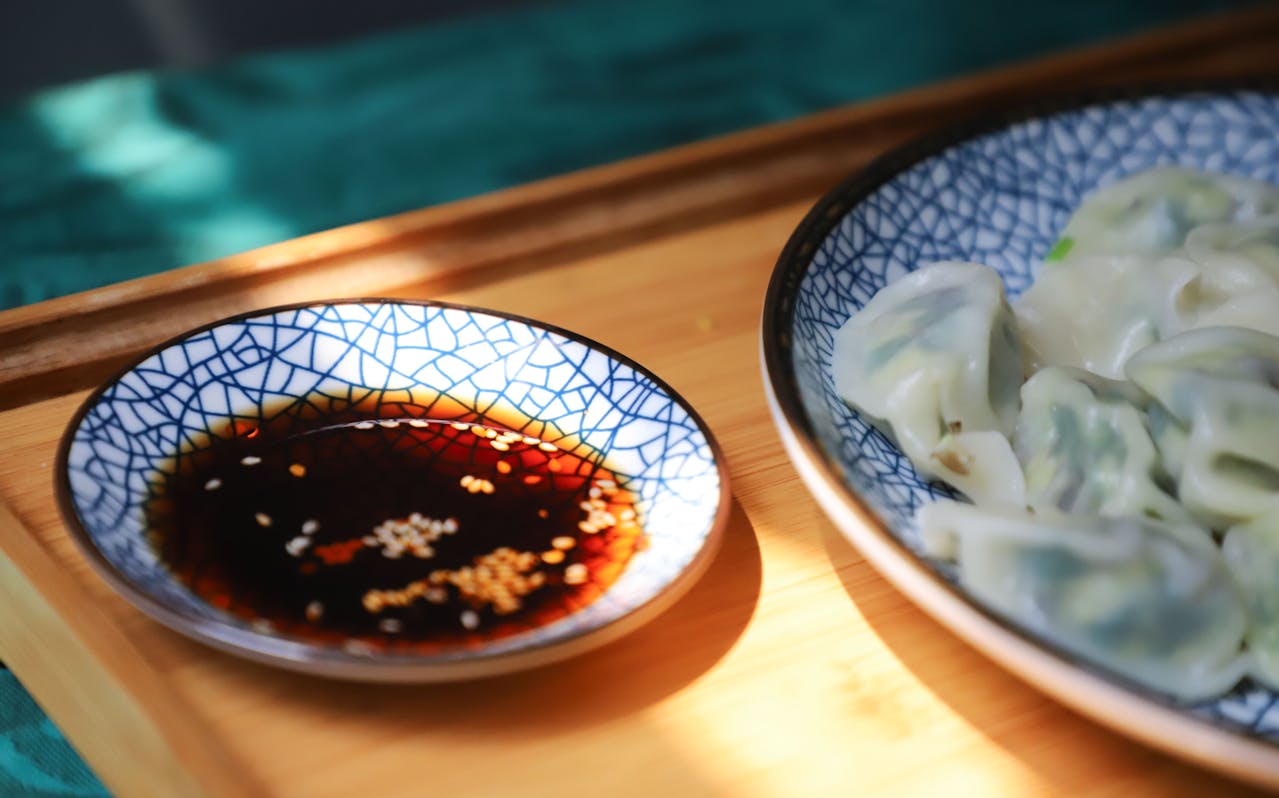
Soy sauce might seem like it can last forever thanks to its high salt content, but even this savory favorite has a shelf life. While it does not spoil quickly, soy sauce loses its complex flavor over time and can eventually develop a stale taste. Additionally, if you notice cloudiness or floating particles inside the bottle, it is a clear indication that your soy sauce has gone bad. Consuming expired soy sauce is not likely to make you sick right away, but it will definitely ruin the flavor of your dish and could cause stomach upset for some individuals. Always keep soy sauce in mind, and if you are unsure, it is better to discard it.
6. BBQ Sauce
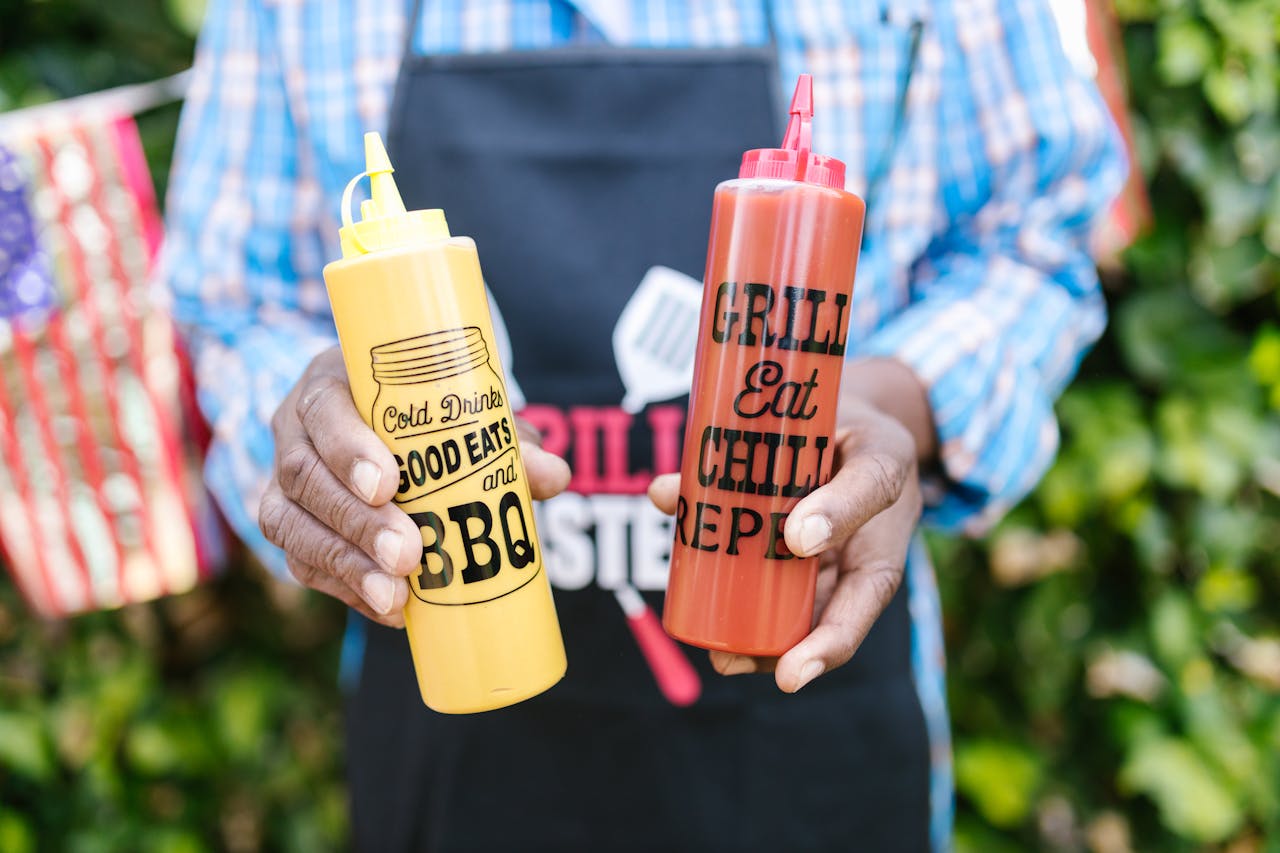
BBQ sauce, with its tangy and smoky flavor, is a go-to condiment for grilling, but it does not last as long as you might think. Once opened, BBQ sauce can quickly lose its flavor and thickness, and after the expiration date, it may start to grow mold or develop an off smell. Sugar, a common ingredient in BBQ sauce, can ferment over time, altering the taste and safety of the product. Consuming expired BBQ sauce can cause digestive issues or, in some cases, food poisoning, so it is best to avoid using it past the date printed on the bottle. To enjoy BBQ sauce safely, check the expiration date and trust your senses.
7. Hot Sauce
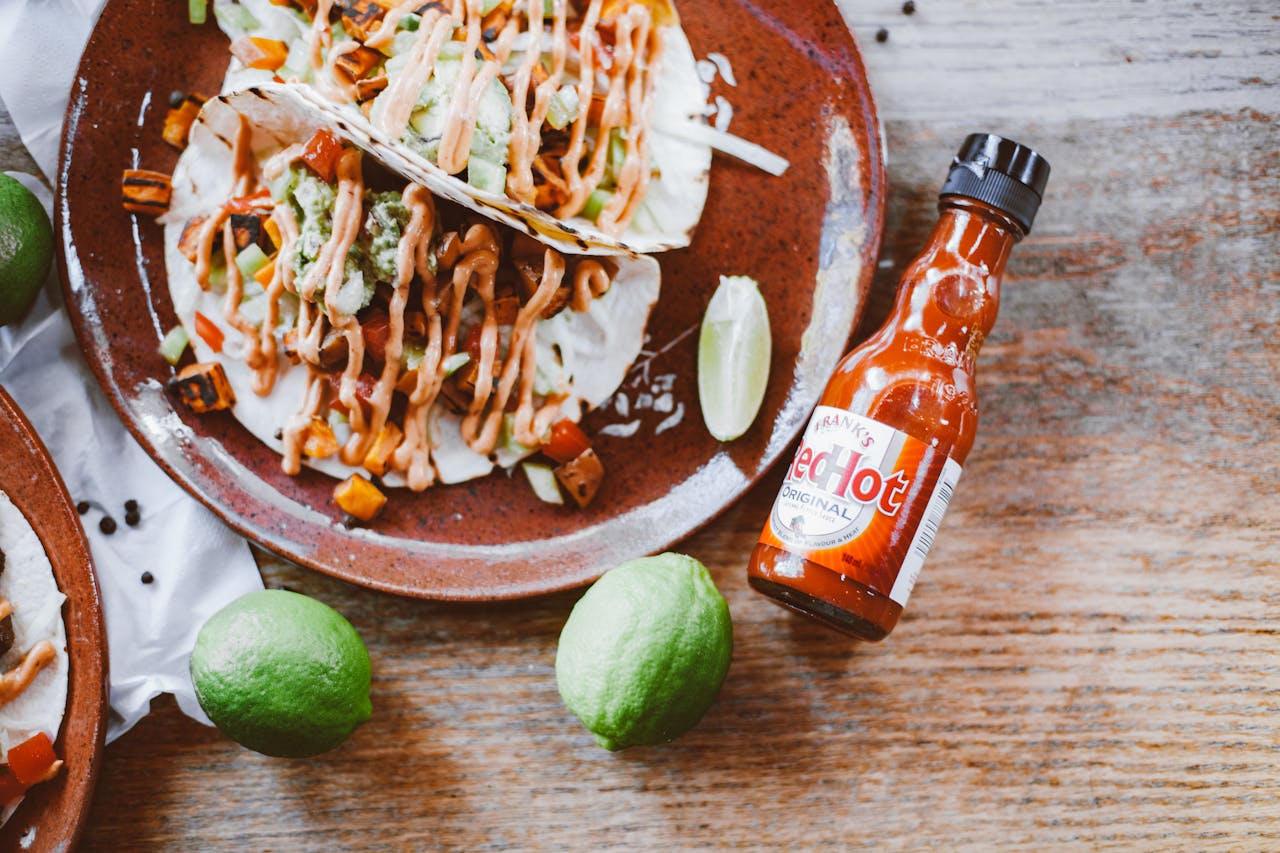
Hot sauce is known for its long shelf life due to the vinegar and chili peppers that give it its spicy kick, but it can still go bad after its expiration date. Over time, the sauce can lose its heat, and its flavor can become flat or sour. Additionally, expired hot sauce may develop mold, particularly around the bottle’s cap, which is a sure sign that it is no longer safe to consume. While consuming expired hot sauce might not make you sick immediately, it can upset your stomach or cause foodborne illness if it has grown mold or harmful bacteria. To ensure your meals stay flavorful and safe, always pay attention to the expiration date.
8. Horseradish Sauce
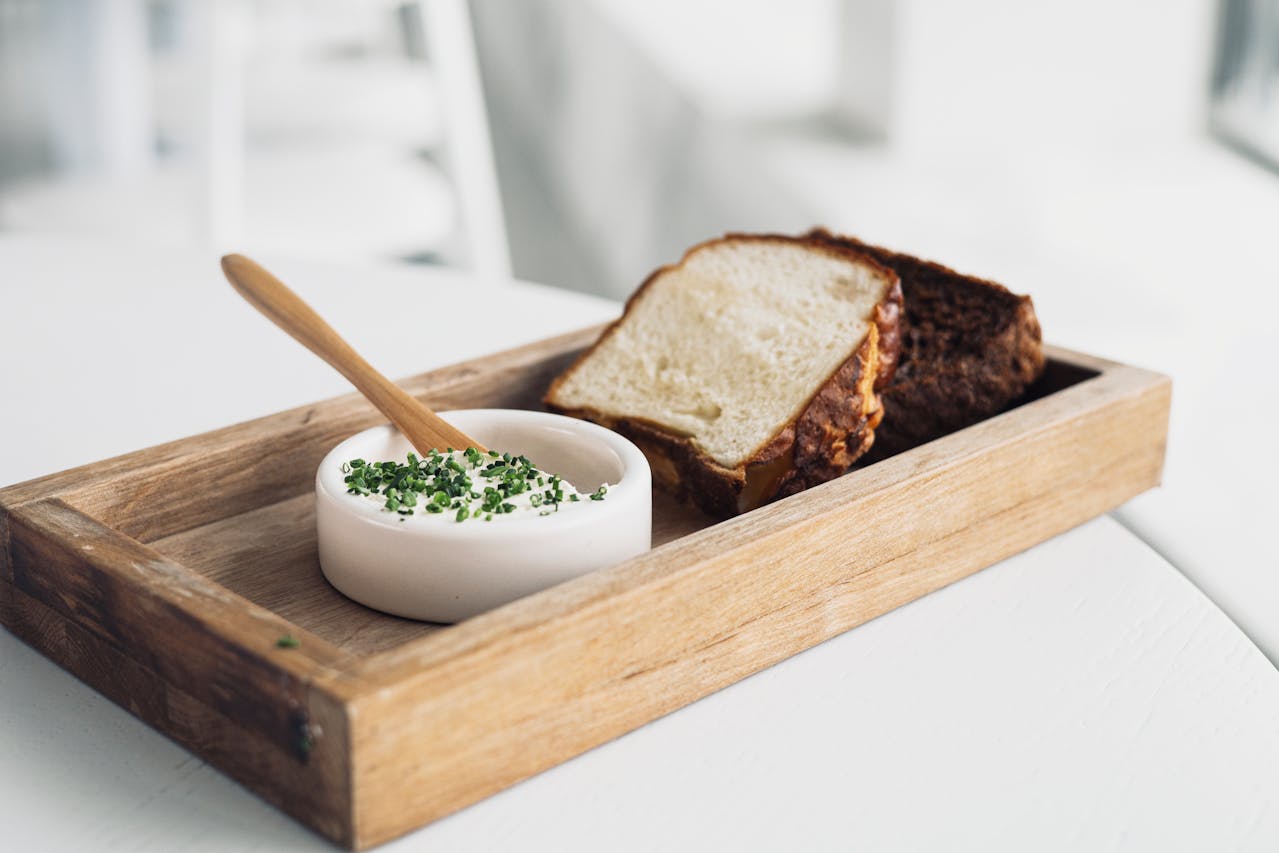
Horseradish sauce is beloved for its pungent and sinus-clearing flavor, but it is also highly perishable. The strong flavor of horseradish fades quickly, and after its expiration date, the sauce can develop a bitter and unpleasant taste. More concerning is the fact that expired horseradish sauce can grow mold or harbor harmful bacteria, especially if it has not been stored properly. Consuming expired horseradish sauce can lead to food poisoning or digestive distress. If the sauce smells off or has changed in color, it is time to discard it and buy a fresh jar to enjoy its unique flavor.
9. Tartar Sauce

Tartar sauce, often paired with seafood, is another condiment that can be dangerous when consumed past its expiration date. Like mayonnaise, tartar sauce contains eggs, making it susceptible to bacterial growth once it is no longer fresh. Expired tartar sauce can develop a sour odor, separate, or grow mold, all signs that it is no longer safe to eat. Consuming expired tartar sauce can lead to foodborne illness, particularly stomach upset or food poisoning. For the sake of your health, it is best to follow the expiration date strictly and avoid using it after it has expired.
Final Thoughts
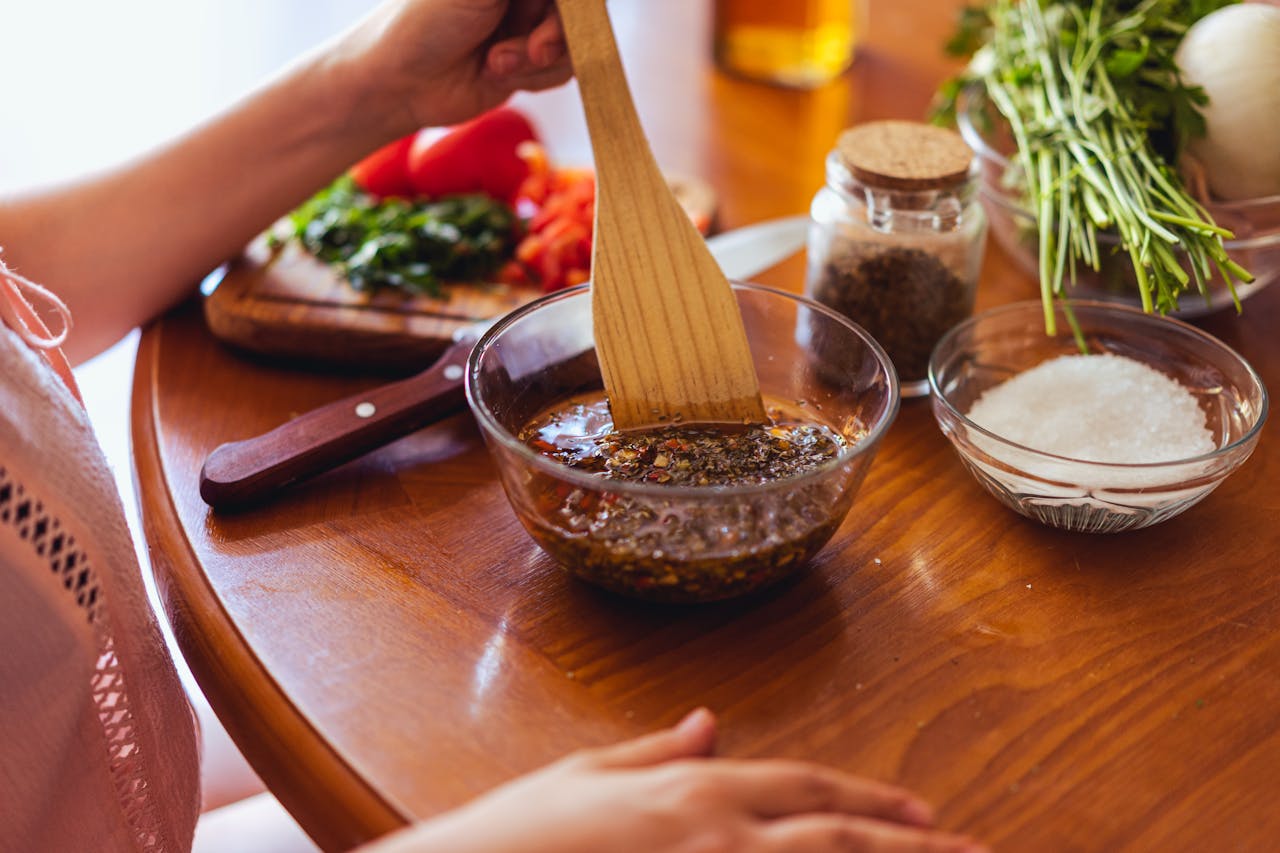
Condiments are a convenient and tasty addition to meals, but they are not meant to last forever. While some may be more durable than others, food safety experts agree that you should never consume condiments once they have expired. Whether it is a drop in quality or the risk of harmful bacteria, the consequences of ignoring expiration dates can be serious. To ensure your meals stay flavorful and safe, always check the expiration date on your condiments, store them properly, and when in doubt, toss them out.
Not only will you protect your health, but you will also avoid the unpleasant taste and texture changes that come with expired condiments. A little caution goes a long way when it comes to keeping your food both delicious and safe. In addition, remember that proper storage plays a significant role in maintaining the quality of your condiments. Many should be refrigerated after opening to prevent spoilage and bacterial growth. By making these simple changes, you can enjoy your favorite condiments without the worry of food safety concerns.
Leave a Reply